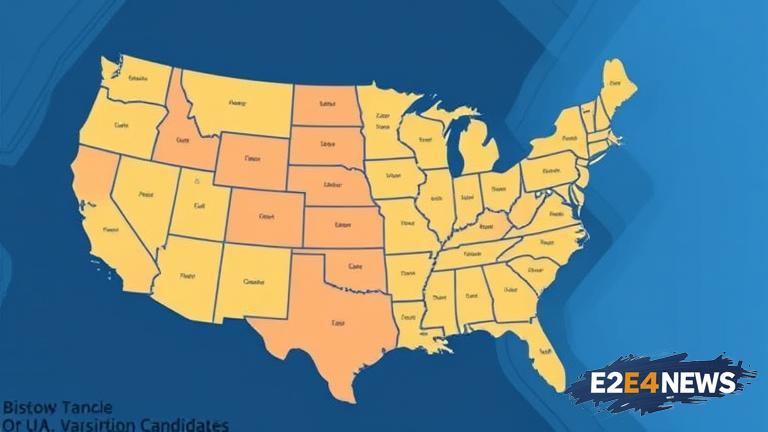In a significant breakthrough for transparency and accountability in the electoral process, the University of Notre Dame has introduced CampaignView, an innovative open-access database designed to offer comprehensive insights into U.S. congressional candidates. This pioneering initiative aims to bridge the information gap by providing detailed profiles of candidates, thereby empowering voters, researchers, and policymakers with data-driven decision-making capabilities. By leveraging advanced data analytics and machine learning techniques, CampaignView aggregates and analyzes vast amounts of data from diverse sources, including social media, campaign finance reports, and voting records. The database is the culmination of collaborative efforts between academics, data scientists, and industry experts, ensuring the highest standards of accuracy, reliability, and user-friendliness. One of the key features of CampaignView is its ability to track candidates’ policy positions, voting histories, and campaign finance data, allowing users to assess their performance and make informed decisions. Furthermore, the database includes a unique candidate matching system, enabling users to compare and contrast candidates based on their profiles, policy stances, and electoral records. The launch of CampaignView is particularly significant in the context of the upcoming U.S. congressional elections, as it provides voters with a valuable resource to evaluate candidates and make informed choices. Moreover, the database is expected to facilitate research in political science, sociology, and communication studies, as scholars can utilize the data to investigate trends, patterns, and correlations in candidate behavior and electoral outcomes. The University of Notre Dame’s commitment to open-access research and data-driven initiatives has been instrumental in the development of CampaignView, demonstrating the institution’s dedication to promoting transparency, accountability, and civic engagement. As the database continues to evolve and expand, it is likely to become an indispensable tool for anyone interested in U.S. politics, governance, and public policy. The potential applications of CampaignView extend beyond the realm of electoral politics, as it can be used to inform policy decisions, evaluate the effectiveness of campaign finance regulations, and investigate the impact of social media on political discourse. In addition to its analytical capabilities, CampaignView also features a user-friendly interface, allowing non-technical users to navigate and explore the data with ease. The database is regularly updated to reflect changes in candidate profiles, ensuring that users have access to the most current and accurate information. The development of CampaignView has been guided by a commitment to transparency, accountability, and civic engagement, reflecting the University of Notre Dame’s mission to promote the public good through research, education, and community outreach. By providing unparalleled insights into U.S. congressional candidates, CampaignView is poised to revolutionize the way we approach electoral politics, governance, and public policy, fostering a more informed, engaged, and participatory citizenry. The launch of CampaignView has been met with enthusiasm from scholars, policymakers, and civic leaders, who recognize the potential of the database to transform our understanding of U.S. politics and governance. As the database continues to grow and evolve, it is likely to become a model for similar initiatives in other countries, promoting global standards of transparency, accountability, and civic engagement. In conclusion, CampaignView represents a significant milestone in the pursuit of transparency, accountability, and civic engagement, offering a powerful tool for anyone interested in U.S. politics, governance, and public policy. By harnessing the power of data analytics and machine learning, CampaignView is poised to revolutionize the way we approach electoral politics, fostering a more informed, engaged, and participatory citizenry.





